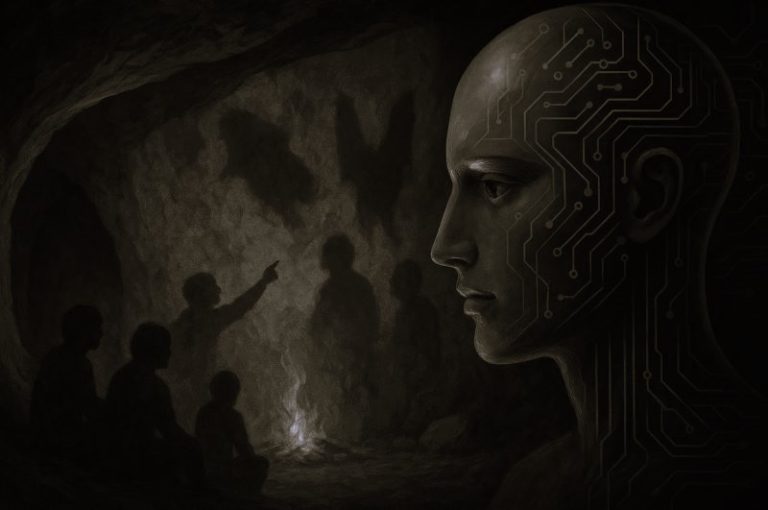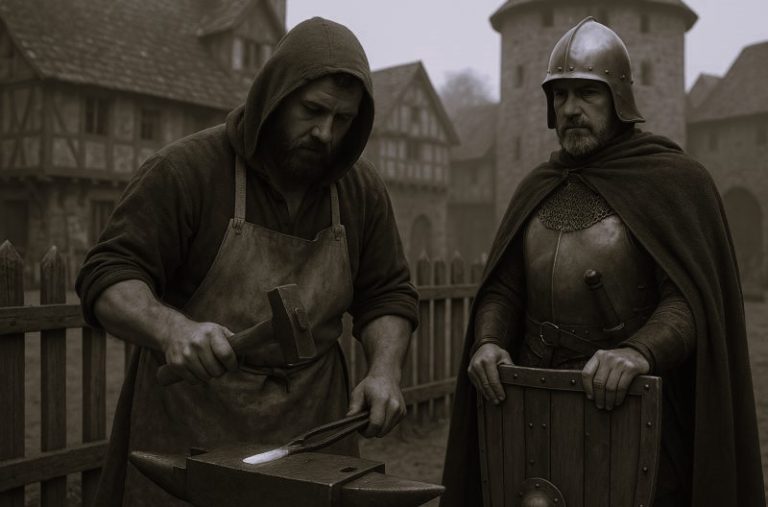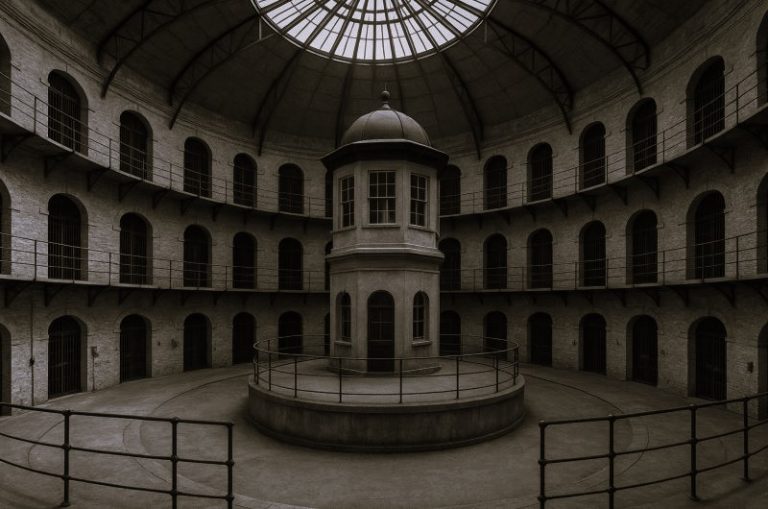

Everybody defines and perceives happiness in a different way. To someone, it’s important to each day find something entertaining that will brighten up their day, or to simply smile at somebody.
But many scientists will tell you that there are two types of happiness. The first one is a momentary pleasure that may or may not last for too long and something that’s easily achievable.
And then, we have the type that’s more long-lasting and permanent, the kind you must invest in, that gives you a more sustained feeling. That’s harder to accomplish and something most of us are yearning for. If you’re interested to see how this sensation has changed over the years, then take a look at this amusing info below.
Brief Yet Entertaining History Of Happiness
Discussing The 1930s
Before we proceed to talk about this decade we would like to remind you that you should always find something to be happy about. It doesn’t have to be anything that’s too huge, but you can always just simply browse the web to find positive and cheerful quotes to make you happy on a day when you do not feel too optimistic and motivated. These are the small things that frequently make a difference.
Now, as far as the 1930s are concerned, the first public survey regarding this topic was conducted back in 1938 as part of the Mass Observation Study. The town of Bolton (England) was selected, although the researchers referred to this place as “Worktown”.
The whole point of this survey was to examine the everyday life of people through participant observation, self-reflective expressions, and pictures in interviews and essays. As a part of this research, the ad appeared in the Bolton Evening News, in 1938 where people were asked to write how they would define happiness.
Since Blackpool (another town in England) was one of the main day trips and holiday resorts for these people, respondents were asked to say whether it was easier to be content in Bolton or in this resort.
As a final stage of this study, they were also asked to number ten facets of happiness in order of importance: beauty, equality, authority and leadership, security, pleasure, politics, humor, religion, action, and knowledge.
It was later uncovered that religion, security, and knowledge were the most important aspects for the participants of this research.
Revival In The 1980s
This type of study was revived in 1981, however, the questionnaires and letters were not analyzed until 2012, when the historians Claire Langhamer and Ian Gazeley at the University of Sussex analyzed the data held in the Mass Observation Archive located in Sussex.
These two experts wanted to make a comparison with the study that was conducted back in 1938 and have come to the conclusion that back then people weren’t so focused on world events, as much as in the 1980s, and to them, they were able to feel this sensation more in their homes and personal relationships.
A miner, Joseph Roberts, summed up key elements of happiness for a vast majority of Bolton residents when he talked about his homecoming from the pit. “I see my kiddies and wife, I am happy. When I am washed and romp with my kiddies, and when it is the weekend and I tip up my humble wage and share with my wife in doling it out and we find we can manage another week we are happy. I am in regular work although it is hard and dangerous, I am happy because I have a contented mind, I can supply the shekels to keep me and mine.’
Moving On To 2014
Eight years ago, another study was conducted. And what’s interesting is the fact that the term leisure replaced pleasure and people needed not just “regular” security, but economic security as well.
This perfectly showcases how things have drastically changed in the 21st century. Happiness in 2014 was defined as having more free time and security didn’t refer to crime but just having enough money to survive.
Just like in 1938, another similar questionnaire (with the 10 facets of frequency, happiness, venue, time of the week, and luck questions) was conducted in Bolton because people wanted to make a comparison between the 1930s and 2010s.
It was uncovered that only economic security remained in the top three aspects of happiness in both of these decades. In both studies, people expressed concern regarding making ends meet.

It’s easy to conclude that the definition of happiness has changed over the past several decades, even though some things have stayed the same. But the point is for every person to define this term in their own way and find ways to accomplish this state of mind.


